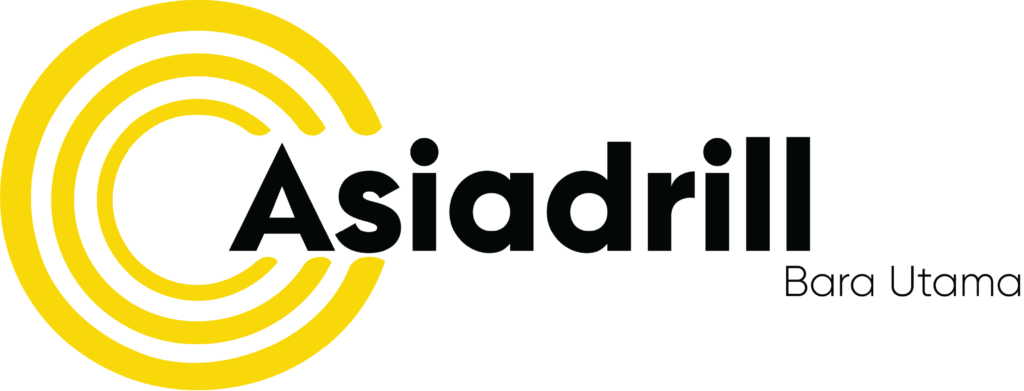The weak state of legal certainty in Indonesia’s mining sector is a major obstacle to foreign investment. Indonesia now ranks lowest in terms of the “state of the investment climate in the mininh sector across the worl”. This low rangking is very unfortunate because Indonesia has abundant mineral resources, but needs investment to tap this potential said Hendra Sinadia, Deputy Chairman of the IMI. Considering investment in mining is capital intensive and long-term in nature, a low degree of legal certainty is a major obstacle.
On 10 June 2020, Indonesia’s President Joko Widodo signed a bill amending Law No. 4 of 2009 on Minerals and Coal Mining (“2009 Mining Law”) which has now been ratified into Law No. 3 of 2020 (“2020 Mining Law”). The amendments were enacted with a view to reinvigorate the mining sector and encourage investment in mining exploration.
Here are some of the welcome points that the new law brings:
1. Centralised Licensing Process
Under the 2020 Mining Law, the Indonesian Central Government, through the Ministry of Energy and Mineral Resources (“MEMR”), now has exclusive authority to issue licenses in the mining sector. Previously, the MEMR’s role was limited to granting mining licenses for inter-province mining operations and licenses held by foreign investment companies. Notwithstanding, the new mining law authorizes the MEMR to delegate its authority to issue licenses in the mining sector to provincial governments.
2. Extension of Mining Operationgs brings Comforts
Under the 2020 Mining Law, subject to government review, COWs and CCOWs that have not been granted an extension may be converted into an IUPK (being a special mining licence) for an initial maximum term of 10 years, and may be extended again for a maximum of another 10-year term. Meanwhile, a COW or CCOW that has already been extended can be converted into an IUPK for a maximum term of 10 years.
3. Assignment of Licenses
Previously under the 2009 Mining Law, the assignment of licenses was prohibited save for transfers to a related company (being a company in which the original license holder held at least 51% of the shares) as part of corporate reorganisations. Under the 2020 Mining Law, mining license holders are now allowed to assign their licenses to any party with the MEMR’s approval. Assignments can only be granted upon the assignor’s satisfaction of certain conditions, including the completion of the exploration phase, as well as certain administrative, technical, and financial requirements.
4. Divestment Requirements
The 2020 Mining Law preserves the the obligation for foreign-invested mining companies holding IUPs/IUPKs to ensure a minimum of 51% local ownership, but is now silent on the applicable timelines to do so and merely states that the divestment obligation must be conducted in stages. Until the New Mining Regulations are enacted, it will not be clear what impact this will have on investors or miners.
So one of the attractions of investing in the mining business is a mining policy that must be strong so that investors have full confidence in Indonesia’s resources and can make Indonesia’s position even higher.
Sumber: https://www.cms-lawnow.com/ealerts/2020/07/indonesia-updates-its-mining-law-and-endeavours-to-create-greater-operational-certainty





